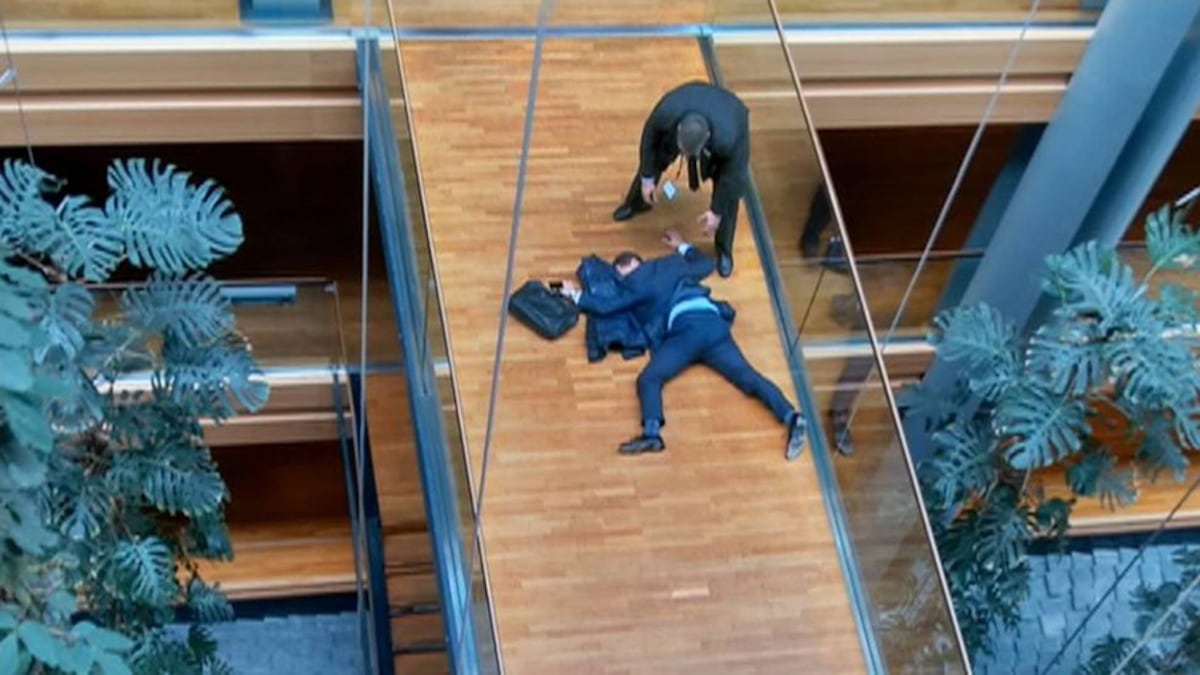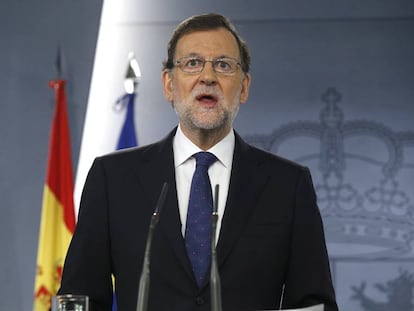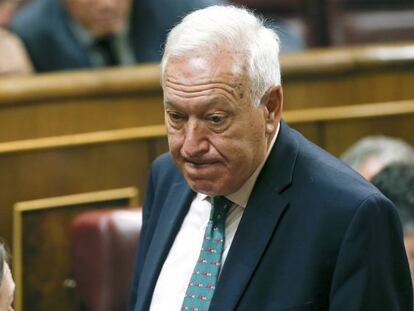Ten drunkards who shocked the world
After doing a lot of damage, UKIP has revealed itself as a band of bullies
“Things fall apart; the centre cannot hold”
W. B. Yeats, Irish poet.
The week that saw Donald Trump clear up any remaining doubts regarding his aptness to be president of the United States was the same week during which UKIP, Britain’s populist xenophobic party, revealed itself to anyone still in the dark that it is a band of drunken bullies.
The trouble is that while there is still time to stop Trump, it’s too late with UKIP. The damage is already done.
If UKIP had not existed, there would have been no referendum on whether the UK should leave the European Union; Brexit would not have won, the pound would not have plummeted, and the stability of the European project would not be as deeply questioned as it is today.
History will tell that a bunch of idiots who represent the quintessence – the distilled and concentrated version – of English people’s worst faults once got to decide the destiny of the world’s oldest parliamentary democracy.
A country defined throughout the 20th century by the values of tolerance and common sense is currently being identified by the rest of the world as a place of petty insularity, ideological confusion and nationalist paranoia. And the conservative government of Mother Theresa May is well on its way to adopting UKIP’s cheap demagoguery as its own.
The British prime minister, Theresa May, is leading the UK into murky waters
The recent video showing Trump’s attitude toward women forced those still looking the other way to gaze upon the true nature of the Republican candidate to the White House. And the Strasbourg incident, in which the newest candidate to lead UKIP, Steven Woolfe, collapsed and required hospitalization after a fight with a fellow UKIP MEP, evidences who is behind the disaster facing Britain.
None of this should really be surprising. Anyone who bothers to read the news must have known for years that UKIP’s internal modus operandi works as follows: first, get drunk; then, sit down to define the party line; third, exchange insults among each other; fourth, insult Europeans and in general everyone on Earth who did not have the immense good fortune of being born in England; and finally, go address your voters with a racist message.
UKIP’s public voice has been Nigel Farage, the leader who always made efforts to show up in photographs with a beer in one hand and a cigarette in the other. He resigned right after the Brexit victory – the cause that had given meaning to his political life. According to party dissidents, at UKIP leadership meetings nobody hurled insults with more ferocity or banged the table harder than Farage.
Neil Hamilton, a former conservative MP who joined UKIP in 2011, said last week that the party’s “growing unpleasantness” stemmed from Farage himself.

“The verbal abuse that has been hurled about in public and social media is quite appalling and unacceptable,” said Hamilton in an interview with UK channel Sky News. Even more alarming is the fact that Hamilton is selling himself as UKIP’s more acceptable face. His own résumé shows that he supported Apartheid in South Africa, and was on friendly terms with figures of Italian neo-fascism including Alessandra Mussolini, the Duce’s grand-daughter, and with Jean-Marie Le Pen, founder of the Front National in France.
The good news for Hamilton is that, with UKIP in suicide mode, he suddenly has the pleasant possibility of feeling at home again in the party he abandoned.
For the first 100 days after the referendum on the EU, after Theresa May replaced David Cameron in Downing Street, the new PM gave little indication of what she wanted the new government’s identity to be. But last week, at the Conservative Party’s annual conference, she finally showed her cards.
After correctly deducing that the spirit of UKIP had taken over the hearts and minds of the slight majority of Britons (52%) who voted for Brexit, May decided that the sensible thing to do, in order to reinforce her hold on power, would be to embrace that spirit herself.
“We are leaving to become, once more, a fully sovereign and independent country,” she said. “We are not leaving the European Union only to give up control of immigration all over again.”
At UKIP leadership meetings nobody hurled insults with more ferocity or banged the table harder than Nigel Farage
May said that from now on, Britain will be free again to make its own decisions – from the way food gets labeled to how immigration is controlled. And Home Secretary Amber Rudd stated almost simultaneously that British companies should publish lists of their foreign employees as part of a plan to keep immigration in check.
Nobody should panic. Foreign residents in the UK will not be forced to wear a yellow star on their sleeves. Following May and Rudd’s statements, the most pro-Brexit member of government, David Davis, said that Europeans currently working in Britain are 100% guaranteed that they will not be deported. Meanwhile, corporate Britain has strongly protested Rudd’s proposal, which is unlikely to see the light of day.
But political language matters. The tone set by Theresa May comes so close to UKIP’s own that even Farage is celebrating. “Nearly everything that May said at the Tory congress, I’ve said at UKIP congresses in recent years,” he noted.
There is still time to rectify, and a good portion of the British establishment will do everything possible to make this happen. But Theresa May is leading the UK into murky waters, and for now at least, it would be premature to celebrate UKIP’s self-destruction. The party of the drunks may be dying, but Theresa May is showing signs of wanting to revive it.
English version by Susana Urra.
Tu suscripción se está usando en otro dispositivo
¿Quieres añadir otro usuario a tu suscripción?
Si continúas leyendo en este dispositivo, no se podrá leer en el otro.
FlechaTu suscripción se está usando en otro dispositivo y solo puedes acceder a EL PAÍS desde un dispositivo a la vez.
Si quieres compartir tu cuenta, cambia tu suscripción a la modalidad Premium, así podrás añadir otro usuario. Cada uno accederá con su propia cuenta de email, lo que os permitirá personalizar vuestra experiencia en EL PAÍS.
En el caso de no saber quién está usando tu cuenta, te recomendamos cambiar tu contraseña aquí.
Si decides continuar compartiendo tu cuenta, este mensaje se mostrará en tu dispositivo y en el de la otra persona que está usando tu cuenta de forma indefinida, afectando a tu experiencia de lectura. Puedes consultar aquí los términos y condiciones de la suscripción digital.










































